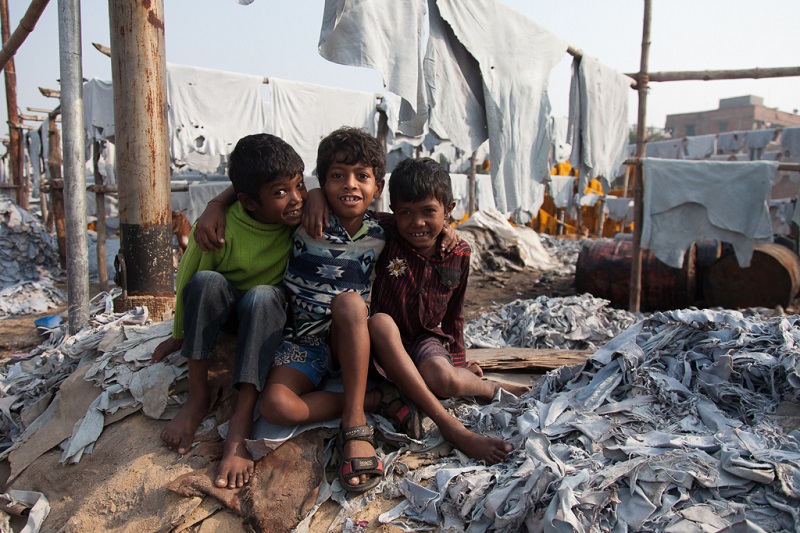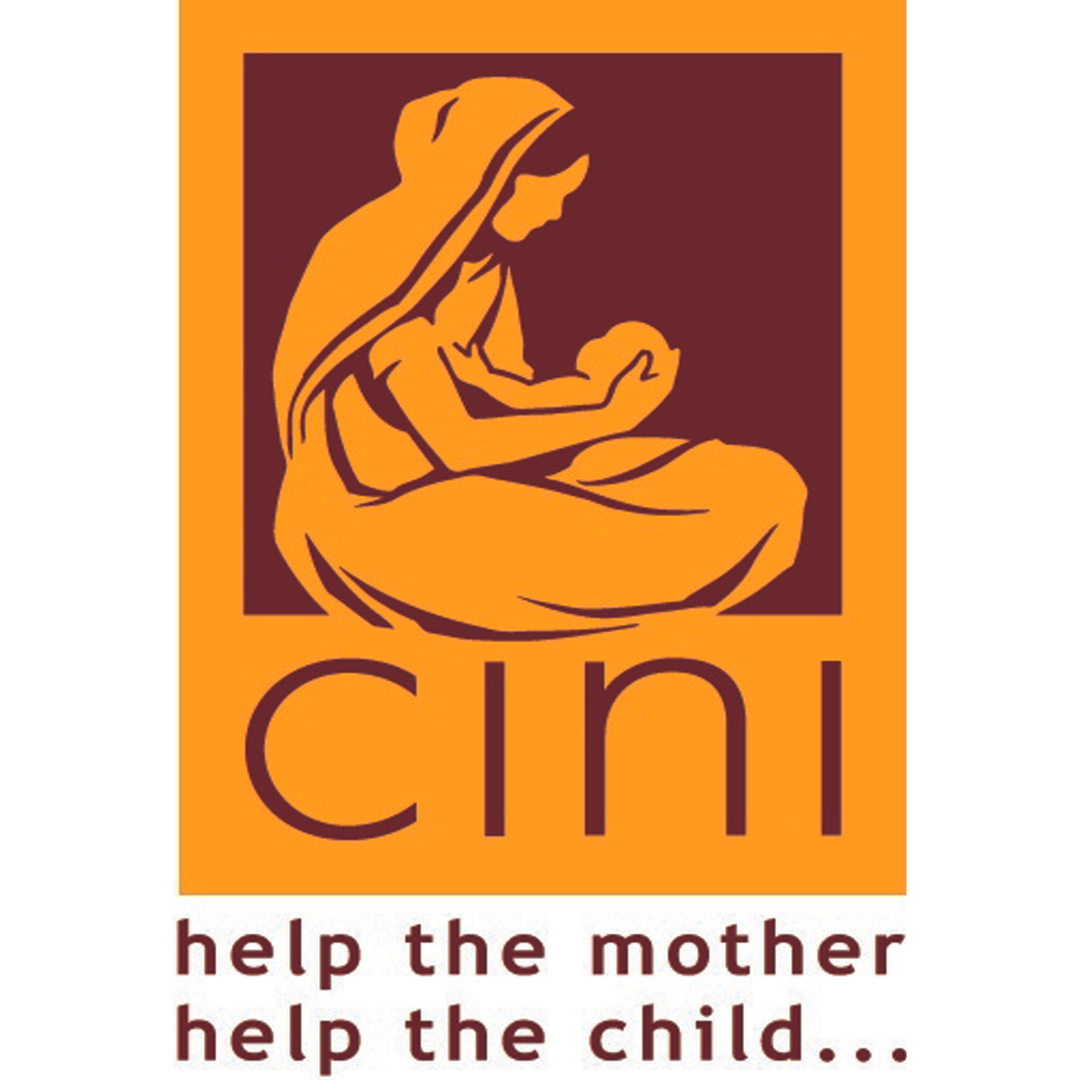
CINI offers a number of education and protection services for children who are particularly vulnerable to abuse and exploitation.
India has the largest population of children in the world but also the highest number of children engaged in work. These children work not just in sweatshops and domestic service, but also in family businesses, or as carers of other family members.
Estimates of the number of children involved in work which seriously damages their education and holistic development, ranges from the government’s estimate of 12.6 million to civil society estimates of 70-80 million children.
Child trafficking is on the rise. Some children are snatched or tricked by traffickers, while some are sold by their families who, in most cases believe that their children are being offered a better alternative. Others are inadvertently handed over to people who enslave them in child labour or as sex workers.
CINI’s education and protection services are concentrated in dangerous red-light areas and around train stations. In these locations, they provide some temporary shelters to keep children safe. Wherever possible, CINI will then work to return the children to their families and help them to re-integrate into mainstream society.
Protecting children from child labour, early marriage and trafficking involves mobilising the whole community. Women and adolescents learn to identify children at risk and local government, police, schools and railway workers become committed to respond and protect.
